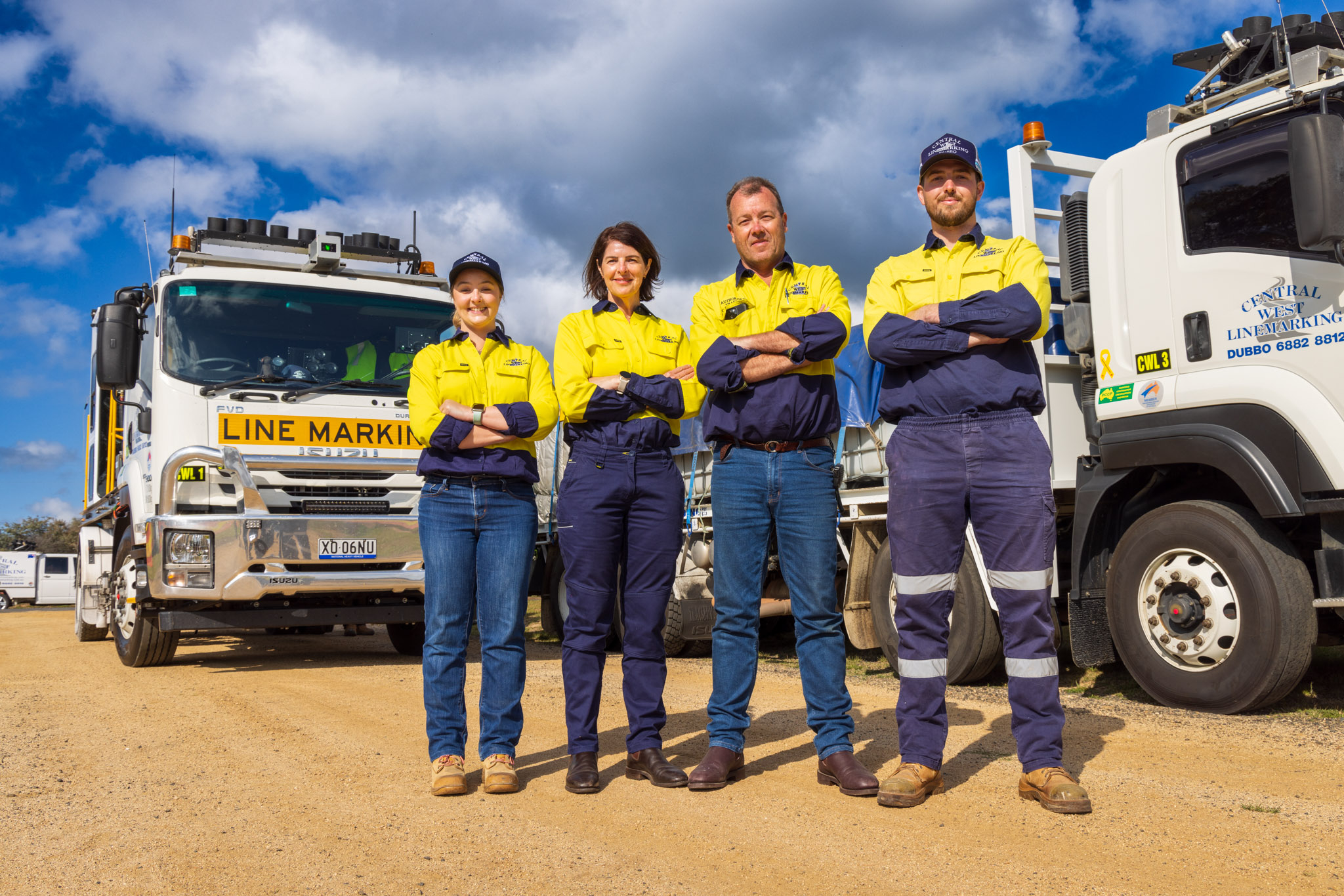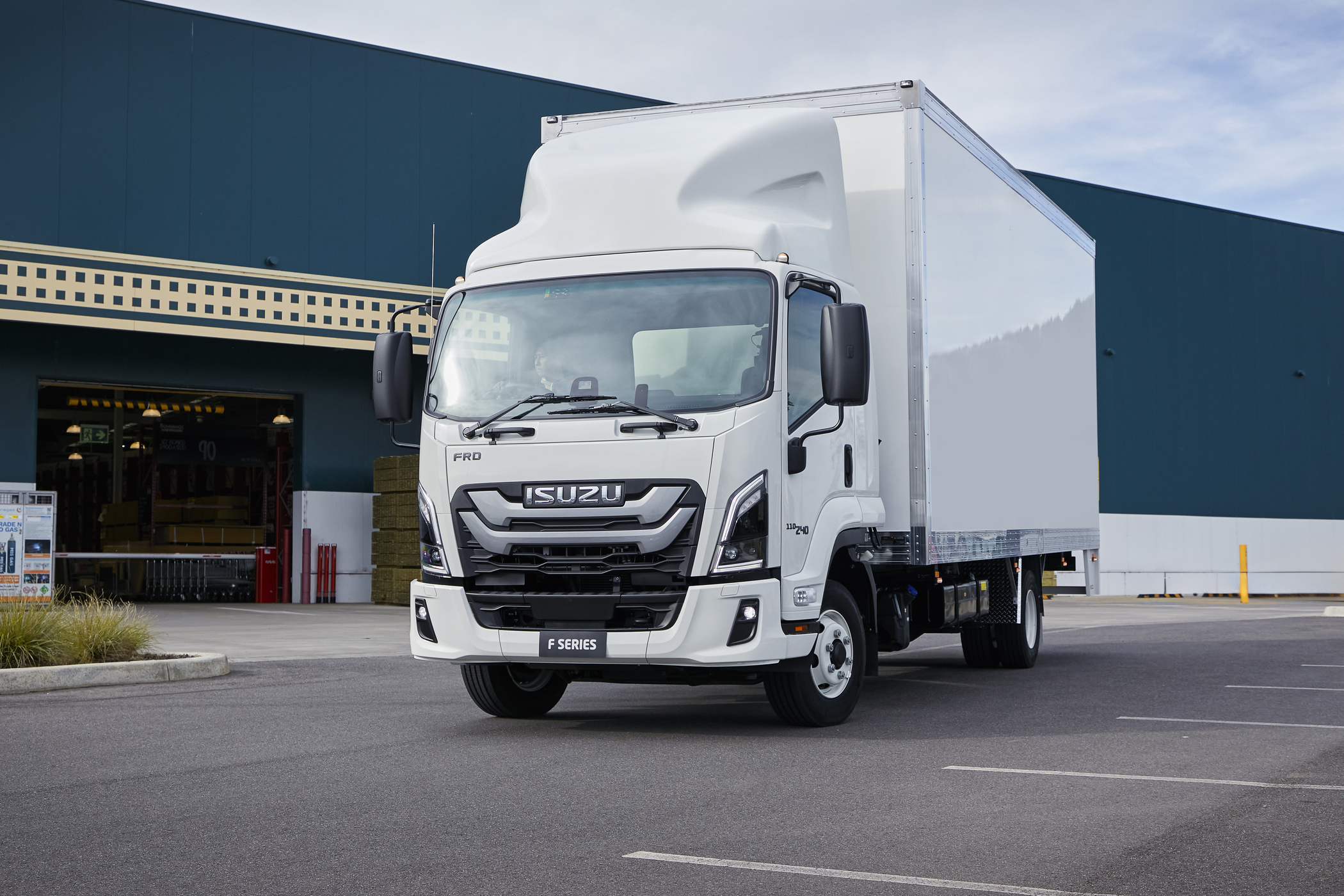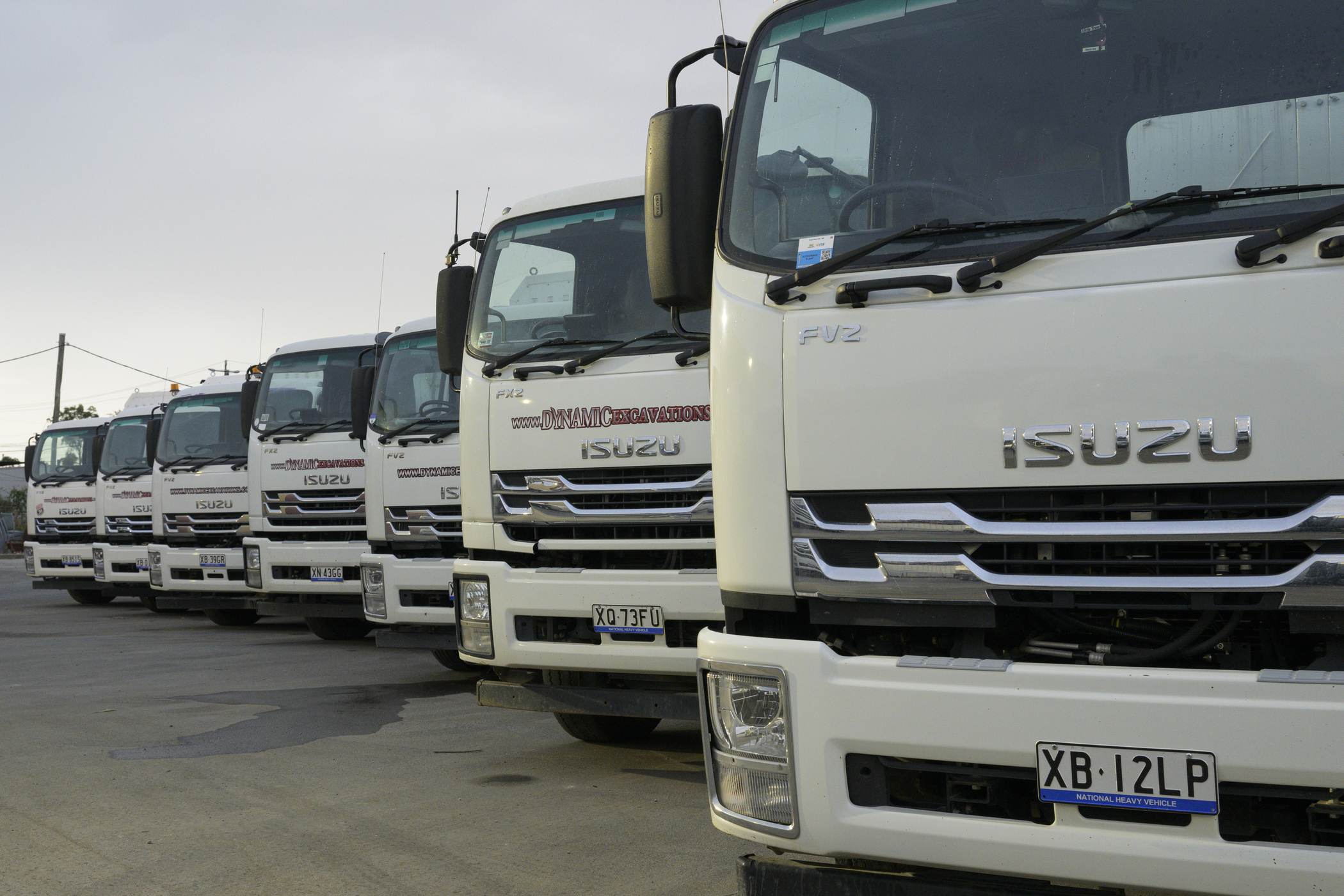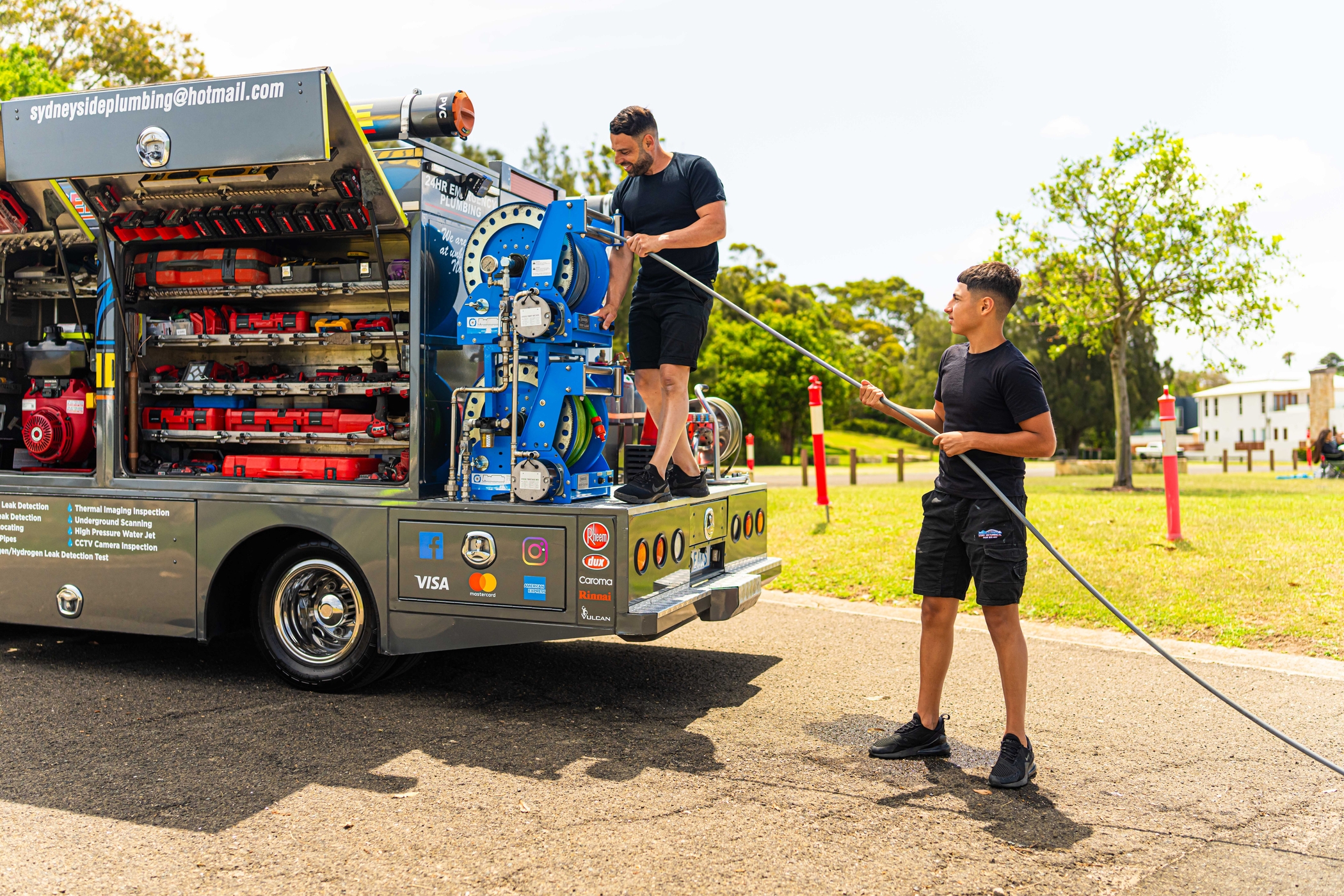COVID-19: SAFE PRACTICES AND RESOURCES FOR TRUCKIES

 For our truckies, an average work day now involves not only clocking up the kilometres on the road, but also coming face-to-face with the day’s unknowns, ranging from road and state border closures to managing the COVID-19 pandemic.
Truckies play a pivotal role in our supply chain, and with the nature of their work seeing them constantly on the move and traveling in and out of populated areas… Now, more than ever, is the time for truckies to be on top of the best safe work practices, which all help to reduce the potential spread of COVID-19.
For our truckies, an average work day now involves not only clocking up the kilometres on the road, but also coming face-to-face with the day’s unknowns, ranging from road and state border closures to managing the COVID-19 pandemic.
Truckies play a pivotal role in our supply chain, and with the nature of their work seeing them constantly on the move and traveling in and out of populated areas… Now, more than ever, is the time for truckies to be on top of the best safe work practices, which all help to reduce the potential spread of COVID-19.
 First things first
It’s always useful to be up to date on the latest information on COVID-19 and how it is spread.
According to the Department of Health, COVID-19 can spread from person to person in the following ways:
First things first
It’s always useful to be up to date on the latest information on COVID-19 and how it is spread.
According to the Department of Health, COVID-19 can spread from person to person in the following ways:
- Close contact with an infectious person (including in the 24 hours before they started showing symptoms)
- Contact with droplets from an infected person’s cough or sneeze
- Touching objects or surfaces (like doorknobs or tables) that have cough or sneeze droplets from an infected person, and then touching your mouth or face
 Wash your hands frequently
It’s simple: wash your hands—thoroughly and frequently.
This is especially important for trucks that see multiple drivers, and for those drivers whose truck will come into contact with several different people, such as during the loading and unloading process.
Washing your hands regularly with soap and water for a minimum of 20 seconds, and drying with a paper towel or using a hand dryer, has been proven to reduce the risk of contracting the virus.
The virus is encased in a protective lipid (fatty) bilayer, and soaps possess the chemicals needed to break down this protective layer, killing the virus.
If you don’t have access to soap and water, you can use an alcohol-based hand sanitiser (with at least 60% alcohol).
Wipe down your truck
Keep a packet of disinfectant wipes or a bottle of hand sanitiser in your cab and wipe all commonly touched surfaces every time you get into your truck.
Here are some areas to look out for and give them regular cleaning throughout the day:
Wash your hands frequently
It’s simple: wash your hands—thoroughly and frequently.
This is especially important for trucks that see multiple drivers, and for those drivers whose truck will come into contact with several different people, such as during the loading and unloading process.
Washing your hands regularly with soap and water for a minimum of 20 seconds, and drying with a paper towel or using a hand dryer, has been proven to reduce the risk of contracting the virus.
The virus is encased in a protective lipid (fatty) bilayer, and soaps possess the chemicals needed to break down this protective layer, killing the virus.
If you don’t have access to soap and water, you can use an alcohol-based hand sanitiser (with at least 60% alcohol).
Wipe down your truck
Keep a packet of disinfectant wipes or a bottle of hand sanitiser in your cab and wipe all commonly touched surfaces every time you get into your truck.
Here are some areas to look out for and give them regular cleaning throughout the day:
- Keys or fob
- Door handles, safety handles and locks
- Storage or toolbox handles and locks
- Safety grab handles
- Steering wheel and indicators
- Hand brake and gear stick
- Buttons on the in-cab entertainment system
- Rear-view mirror and sun visors
- Cup holders
 Source: Australian Government Department of Health
Social distancing
As far as the job will allow, try to limit your contact with the outside world (and its germs).
Social distancing has been one of the key focuses, as we all play our part to counter the pandemic. The virus is transmitted through contact with infected people and/or surfaces, so social distancing not only protects others, but also protects you.
Some tips to achieve workable social distancing:
Source: Australian Government Department of Health
Social distancing
As far as the job will allow, try to limit your contact with the outside world (and its germs).
Social distancing has been one of the key focuses, as we all play our part to counter the pandemic. The virus is transmitted through contact with infected people and/or surfaces, so social distancing not only protects others, but also protects you.
Some tips to achieve workable social distancing:
- Don’t shake hands with work mates or customers anymore. Instead, just say g’day from a distance of at least 1.5 metres.
- Deliver goods by dropping off at a pre-designated area that doesn’t require physical contact with others. Take photos of the deliveries as a safety net.
- If in a last mile delivery situation, drop your delivery at the front door, ring the doorbell and stand back to gain visual acknowledgement of the delivery. Follow your employer’s guidelines on safe delivery distancing at all times.
- Fever
- Coughing or sneezing
- Difficulty breathing
- Sore throat
- Fatigue
 The official COVID-19 app from the Australian Government
Apps and sites
Here’s a list of useful apps and sites to help keep you informed on COVID-19 in Australia.
The official COVID-19 app from the Australian Government
Apps and sites
Here’s a list of useful apps and sites to help keep you informed on COVID-19 in Australia.
- Coronavirus Australia
- WhatsApp feature
- Australian Government Department of Health
- Health Direct
- Victoria
- New South Wales
- Queensland
- South Australia
- Western Australia
- Tasmania
- Australian Capital Territory
- Northern Territory
- Beyond Blue | 1300 224 636
- Lifeline | 13 11 14
- MindSpot Clinic | 1800 61 44 34
- Headspace | 1800 650 890



The all-new Isuzu truck range is about to arrive.
Register your interest and we'll keep you in the loop with the latest updates.
Learn More



